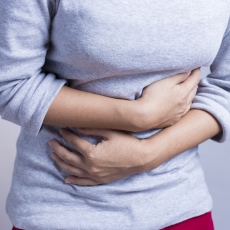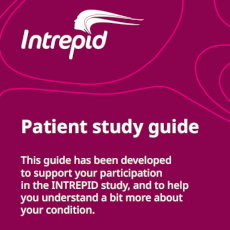Crohn’s disease is a chronic disease that causes inflammation in your digestive tract. It can affect any part of your digestive tract, which runs from your mouth to your anus. But it usually affects your small intestine and the beginning of your large intestine.
Crohn’s disease is an inflammatory bowel disease (IBD). Ulcerative colitis and microscopic colitis are other common types of IBD.



